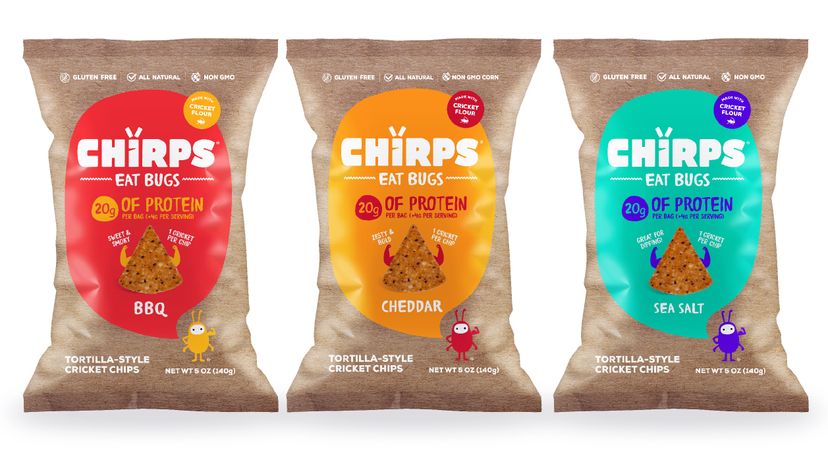Who Is Leading the Charge?

Bachhuber is one of about 25 cricket farming startup founders in a bug-eating industry that's valued at $20 million [source: Evans]. Seven years after his initial insect-eating adventure in Thailand, he founded Bachhuber Consulting Group, a Youngstown, Ohio company that teaches farmers "successful methods for sustainable cricket farming" [source: BachuberConsulting.com]. Cricket farming isn't an entirely new industry in the U.S.; the insects have been raised for animal feed for almost a century, but Bachhuber Consulting Group is the first insect farm in America to receive Food and Drug Administration (FDA) and state licensure for food-grade insects [source: McCausland].
Bachhuber doesn't just believe crickets offer a more energy-efficient alternative to animal and plant proteins; he believes farming the insects provides income for marginalized and isolated populations and reduces the detrimental impact humans have on the planet.
Advertisement
Bachhuber is something of an anomaly in the U.S., according to Daniel Imrie-Situnayake, the co-founder and chief executive officer of another cricket-based startup, Oakland, California's Tiny Farms. "The entire U.S. farmed output of crickets is still fairly small," Imrie-Situnayake said in an interview with the website Future Food 2050. "In order to have a cricket bar next to the checkout of every Safeway in the country, you need a lot more scale and a lot more productivity."
Entrepreneurs Rose Wang and Laura D'Asaro, who work with multiple cricket farms in North America, helped increase mainstream American awareness of cricket consumption when they appeared on the reality TV show "Shark Tank" in early 2017. The duo scored a $100,000 deal with investor Mark Cuban to rev up production of their cricket-based snack product, Chirps [source: Abbott].
"They eat insects all over the world; more people eat insects than speak English," says D'Asaro, who first discovered the practice in college when majoring in African Studies. "I first ate a caterpillar from a street vendor in Tanzania and I was surprised when my first thought was, 'This tastes like lobster.'" She began researching the health and sustainability benefits of entomophagy when she returned to the States, and joined forces with Wang to launch Chirps.
"We work with multiple farms in North America who grow crickets specifically for human consumption," D'Asaro says. "Our cricket farmers are our suppliers and friends in this small industry." Entomo Farms and Aspire Food Group are two of the bigger suppliers D'Asaro and Wang work with, and both companies dispense a considerable amount of entomophagy knowledge on their websites, along with product links for prospective cricket-eating customers. Both produce their own lines of protein powders and roasted snacks averaging about $10 to $15 per quarter pound (113 grams).